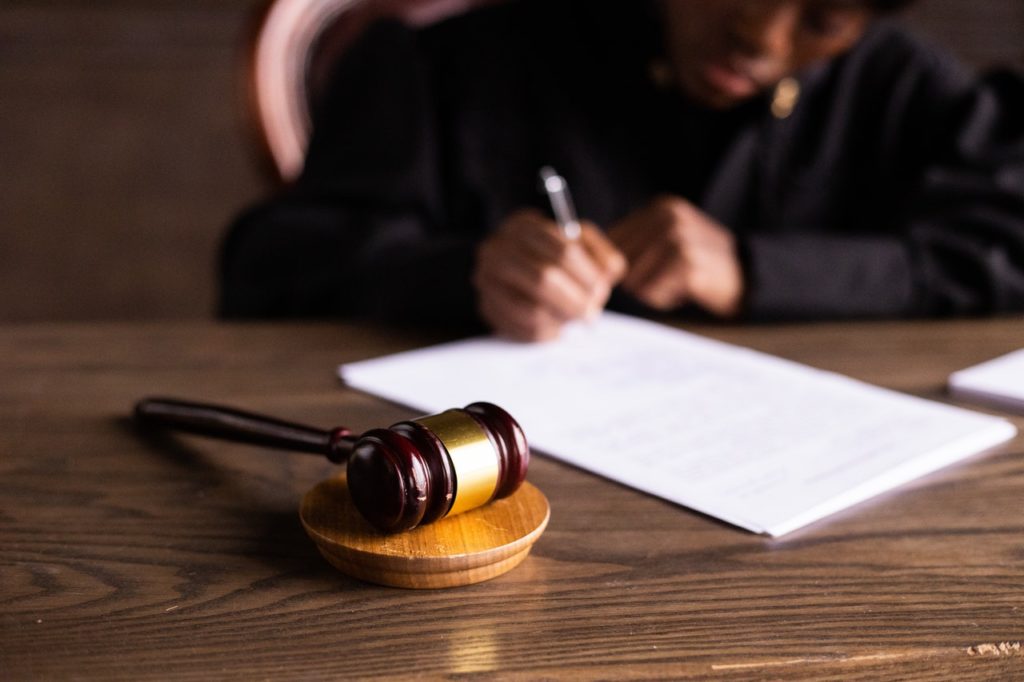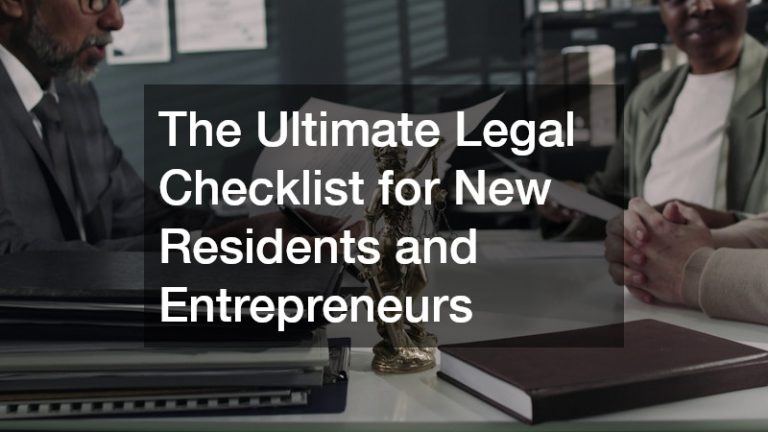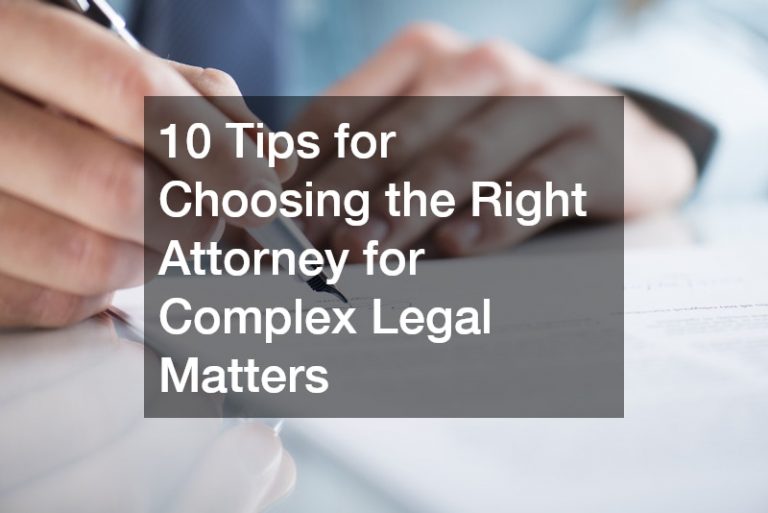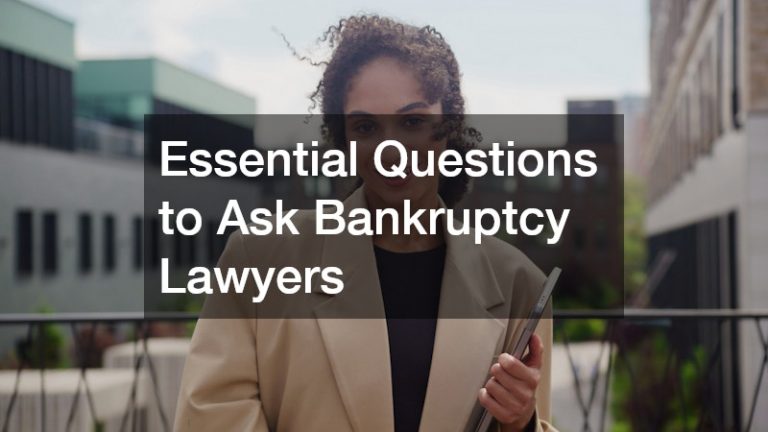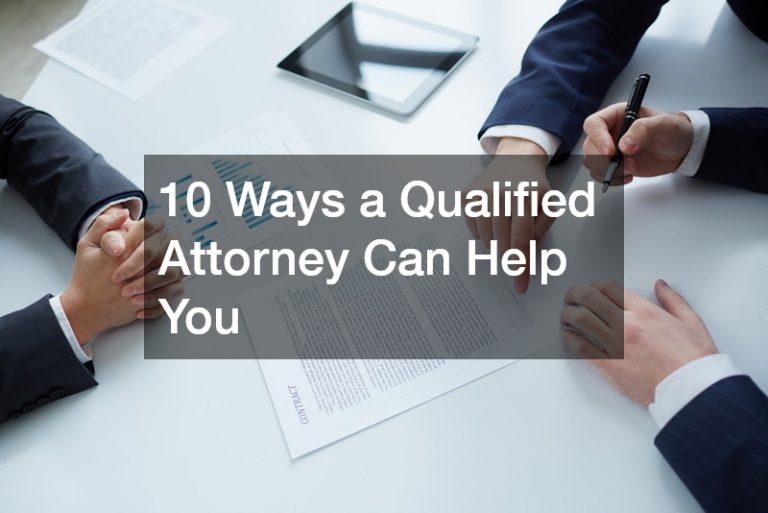Earning your law degree, no matter which country you got it in, is a grueling process. You have to complete a four-year bachelor degree and spend another four years finishing your law degree. And if you finally want to practice the profession, you have to get admitted to your nation or state’s bar association.
Once you finally secure your hard-earned title, it feels like a dream-come-true. The problem is, however, if you want to practice law in a different country, or even state, you have to be admitted to another bar association.
If you want to move and practice in the United States, the process is quite complicated. Each U.S. state has its own bar association — all with different rules and requirements. The prestigious New York Bar Exam is one of the most difficult to take, or even be eligible to take, especially if you want to get admitted as a foreigner.
The Benefits of Practicing Law in New York
Getting membership from the New York Bar Association has a variety of benefits for your career. The most significant is that it’s one of the most profitable legal markets in the world. It’s home to the country’s most trusted and respected law firms, like Watchell, Lipton, Rosen & Katz; Cravath Swaine & Moore LLP; and Sullivan & Cromwell LLP.
The state is also the headquarters of the most profitable brands in the US, like J.P. Morgan Chase (Revenue: $131.4 billion in 2019), Verizon ($130.9 billion), Citigroup ($97.1 billion), MetLife ($67.9 billion), Pfizer ($53.6 billion), and more. Working for clients like these is sure to advance your earnings and career.
If you want to practice law, there’s no place better than New York. Learn if you’re eligible, and what you can do to get into the New York Bar as an overseas lawyer.
Who Can Take the New York Bar Exam?
To be eligible for entry to the New York Bar Association, you need to have earned your law degree from a university that’s accredited by the American Bar Association (ABA). And when it comes to getting credit from foreign universities, it’s limited to study abroad programs in select overseas schools.
If you’re not a graduate of an ABA-accredited school, you need to have a qualifying degree that meets the bar’s standards. It should be a degree in law. You also need to have finished a legal program whose length and substance is the same as a Juris Doctor education.
Your course must be equivalent to the Common Law education that ABA-approved schools offer. This should be no problem if you took your law degree in common law countries, like Israel, Canada, New Zealand, Australia and the United Kingdom.
If you took your degree in a country that primarily provides civil law education, like Germany, France and the Philippines, you may need to complete a Master of Laws degree in an ABA-accredited university.
Applying for the Bar
If you’re sure that you meet these requirements, fill out the New York State Board of Law Examiners’ (NYSBOLE) foreign evaluation form. Apart from completing the form, you should also request a signed letter from the university you graduated from to certify that you have indeed graduated from the school and completed all your courses. It should also validate that you’ve finished your academic requirements for legal training according to your home country’s standards.
If the board is satisfied with your credentials and requirements, you move on to the next stage.
You have to pay a $750 application fee. After payment, you need to take the NYSBOLE’s online bar exam. Even if you’re not sure about your eligibility, you should still send in an application with the credentials you have. The NYSBOLE may still allow you to take the New York State Bar Exam under certain circumstances.
Taking the Tests
Getting credentials for eligibility and applying for the New York Bar as a foreign lawyer is only half the battle.
Once the BOLE approves your application, you need to pass a series of examinations to make you eligible to practice law in the state of New York. These include the Uniform Bar Examination (UBE), New York Law Course (NYLC), New York Law Exam (NYLE), and Multistate Professional Responsibility Examination (MPRE).

Here’s what to expect from these tests.
When is the New York Bar Exam?
The different examinations required to pass the New York Bar happen in different dates, so you can take each one within a year. For example, the UBE is administered in February and July, whereas the NYLE is scheduled around September and December.
Uniform Bar Examination
The Uniform Bar Examination (UBE) is the main test that you need to ace. It tests your knowledge in legal analysis and reasoning, law principles and communication skills. Your score in the UBE can be transferred to other states that have UBE jurisdiction, if you choose to move. In New York, the test is administered on the last Tuesday and Wednesday of February and July.
The UBE has three parts:
- Multistate Bar Examination (MBE) — The MBE tests your ability to apply legal reasoning and basic legal principles to analyze facts. This is a six-hour exam, with over 200 multiple-choice questions developed by the National Conference of Bar Examiners. Its overall weight in the UBE is 50 percent.
- Multistate Essay Examination (MEE) — The MEE’s purpose is to test your ability to identify issues in a hypothetical situation, separate relevant materials from irrelevant ones, present analysis of relevant issues and facts clearly and concisely, and show fundamental understanding of legal principles relevant to a solution of the situation. In short, it’s a test of your communication skills. It comprises six items with questions you should be able to answer in 30 minutes. Its weight in the UBE is 30 percent.
- Multistate Performance Test (MPT) — The MPT tests your ability to use your basic lawyering skills in true-to-life situations and finish tasks that any lawyer can do. This has two 90-minute items, which are mostly essay questions. Its weight in the UBE is 20 percent.
The New York Law Course (NYLC)
You’re also required to finish the New York Law Course. It equips you with the distinct principles of New York Law in a variety of subject matters like business relationships, conflict of laws, criminal law, contracts, administrative law, family law, and more. It contains over 17 hours of video lectures with questions that you need to answer correctly to progress.
It’s a long series of lessons, but you’re required to watch them in their entirety, without speeding up or skipping. If you fail to follow these rules, you’ll get penalized, requiring you to take the course in its entirety again or even nullifying your New York Law Exam application, which will be discussed in the next segment.
New York Law Exam (NYLE)
The NYLE tests everything you’ve learned from the NYLC. It’s a two-hour test that has 50 multiple-choice questions. It’s an open-book exam, but the questions are still tough. You need to answer over 60 percent of the questions correctly to pass, too. It’s offered four times a year.
Watch and study each NYLC video thoroughly to get the best chances of passing the exam.
Multistate Professional Responsibility Examination
Apart from the UBE, NYLC, and NYLE, you also need to complete the Multistate Professional Responsibility Examination (MPRE). Its purpose is to test your understanding and knowledge about the professional conduct of being a lawyer in the United States. It’s a 60-question multiple choice exam that lasts two hours.

When do the New York Bar Exam Results Come Out?
The New York Bar doesn’t provide an exact date as to when its NY Bar Exam results will come out. You’ll just have to wait for it to be announced on the website or on the news.
What’s great about the New York Bar Exam is that you can take it an unlimited amount of times if you fail it. However, you don’t want to waste your time and energy every year for it. The goal is to practice as soon as you can.
If you want the best chances of passing the UBE and other required exams, take a bar preparation course from trusted providers like Themis Bar Review, Kaplan Test Prep or BARBRI, to name a few sources.
Even if you are a bona fide lawyer in your own country, it can still be a struggle to practice your profession outside of it, especially if you’re moving to the America. Different countries, different standards.
These entries serve as a checklist for you to use in your journey to taking the legendary New York Bar Exam.

